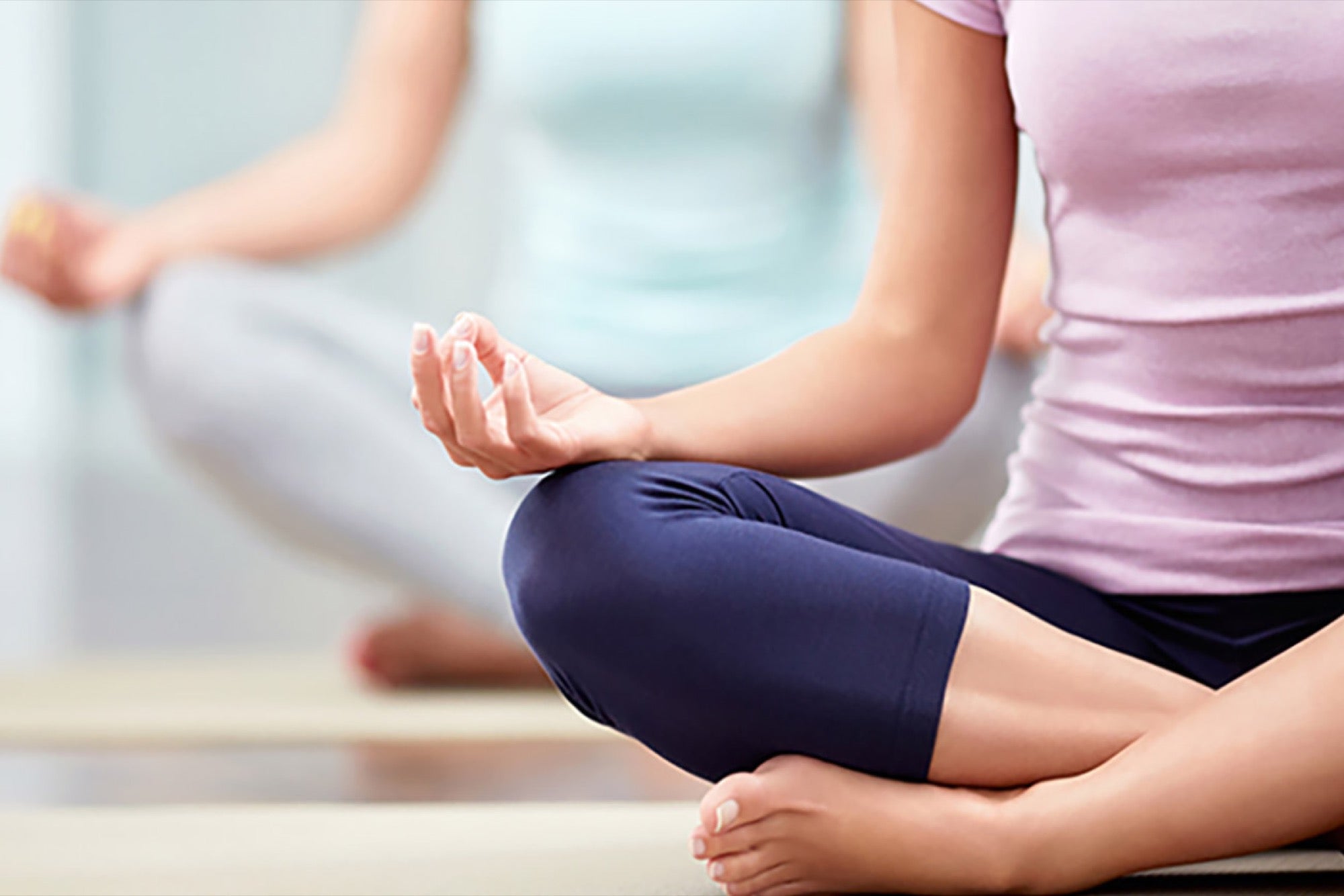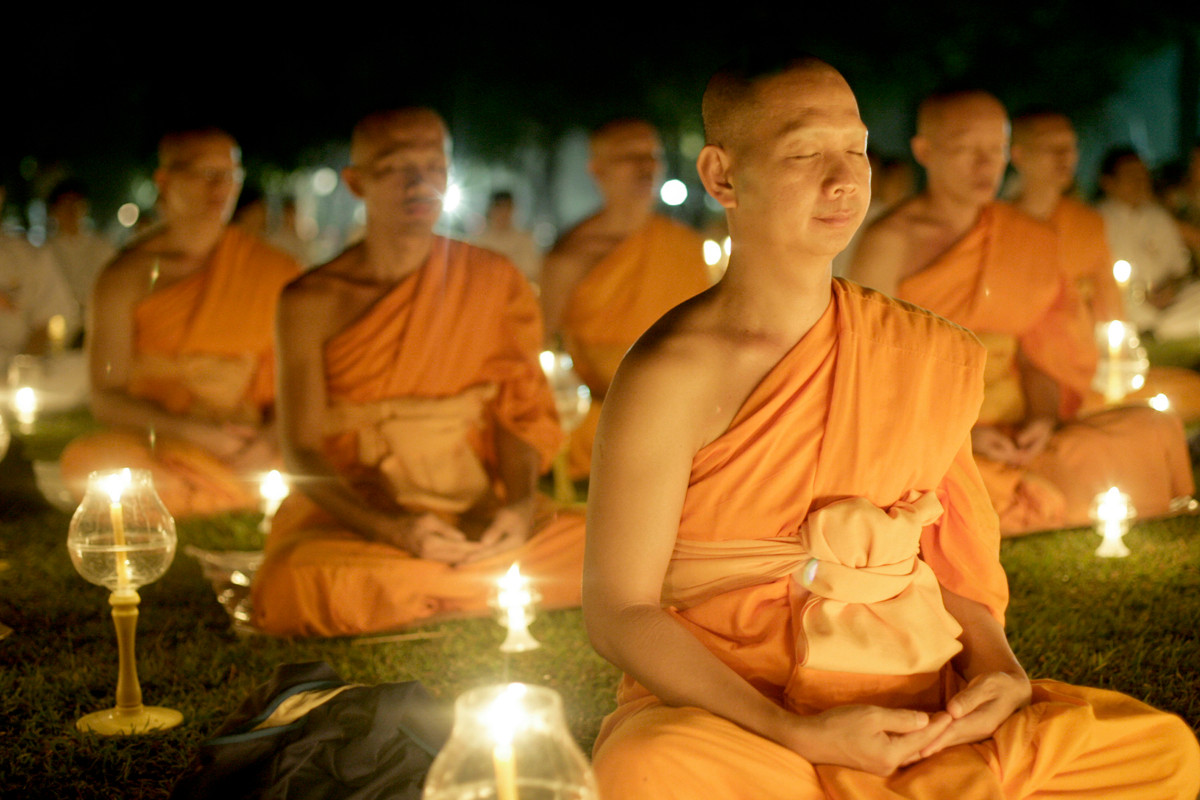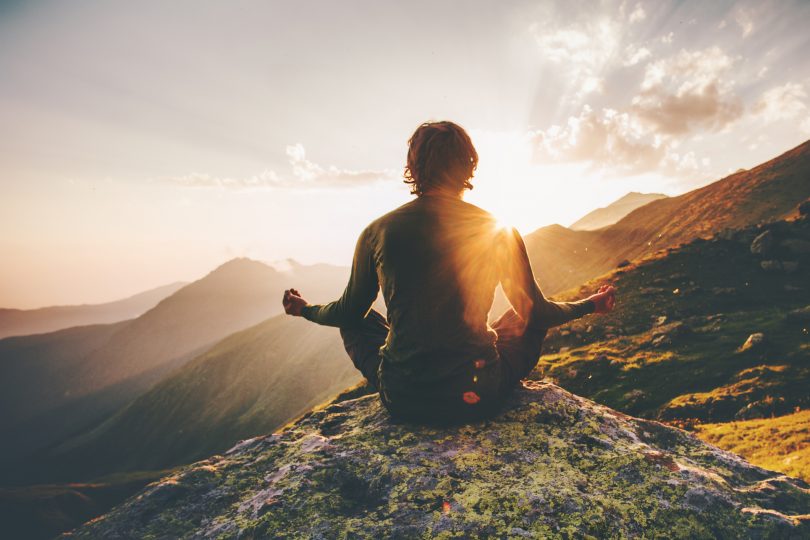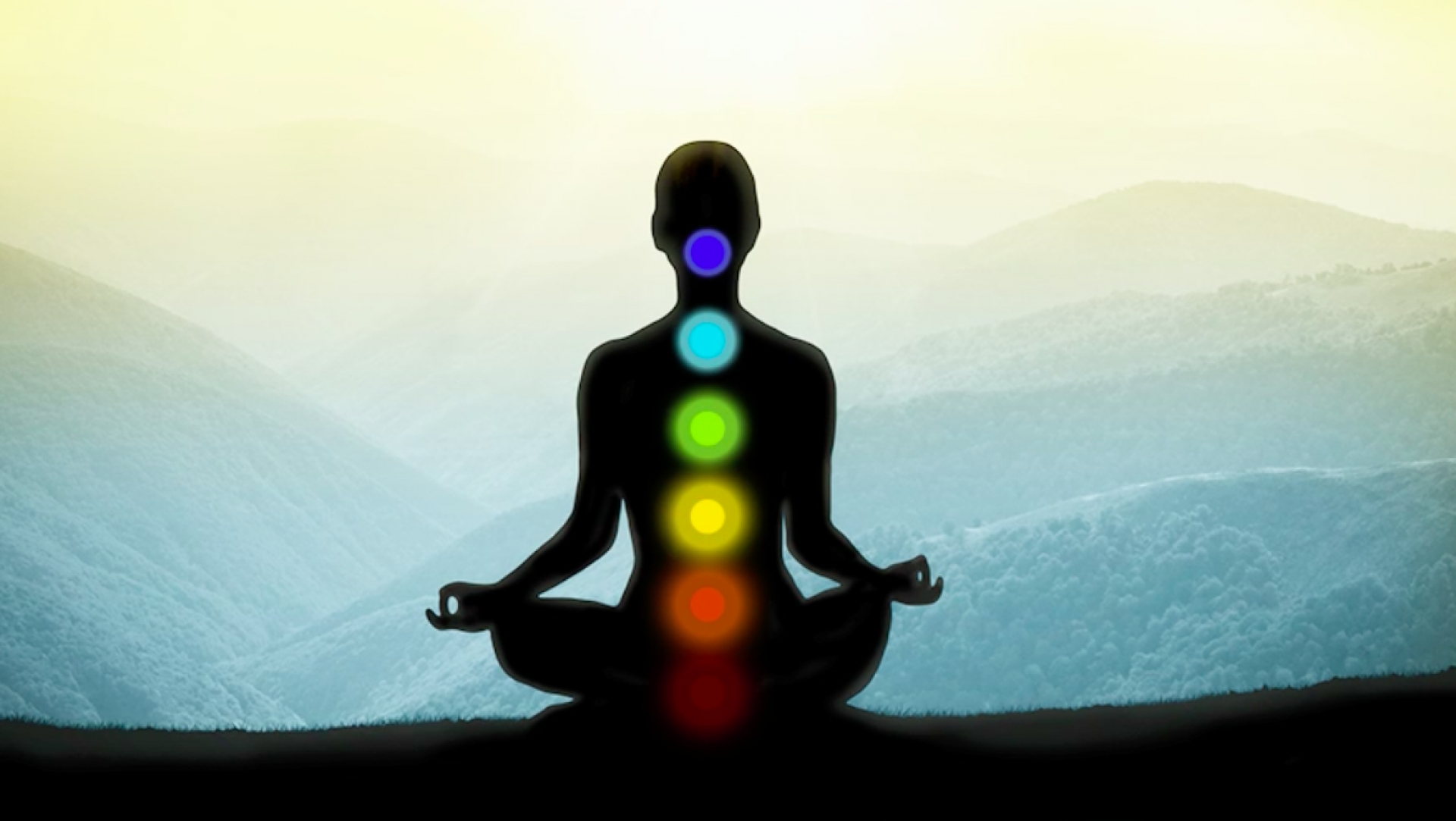What is meditate? It is a spiritual training, with which certain fundamental personal virtues are developed. Meditation is determined in its entirety, by giving an interest to life itself, in the most comprehensive sense that can be achieved. The main objective of it, psychologically speaking, is to bring out the things that we have hidden in our minds.

What is meditate?
To concentrate correctly is to avoid being unconscious of the emotions of the senses, the touch, the look, the taste, the smell, getting to know oneself intimately as a person and being thinking. Being more receptive and sensitive to emotions, this is what it means to bring out the things that we have hidden. Open the psyche (mind) to the senses. If you want to learn more about how to better balance your life you can read spiritual development.
The body also begins to open up, you begin to experience the way in which tensions accumulate; one becomes aware of some intolerant sensations that remain hidden from the person's sensitivity.
With meditation we learn to have a relationship with our pains or discomforts, an inner sensation opens up and the present is experienced in a different way. There are two types of pain, the one that derives from the posture in which one meditates and the one that is a sign of danger.
The first disappears with a change in position or posture. In case the pain persists, the origin will be different from the posture, you should observe that pain and see what your mind does with it.
You can resist not to feel it, if it is out of fear, because you have to be aware of that fear; observe it and calm down so that you can let it fully enter you. Another form of resistance, perhaps more subtle, is indifference.
An indifferent psyche, which does not get interested in what it is doing, makes it very difficult to experience the present moment. Bringing out the things we have hidden consists of exploring the different forms of obstinacy that appear in practice.
Features
The most characteristic features of meditation are:
- The necessary concentration to be in harmony with the reality of the present moment.
- A moment in which it is possible to separate the mind from individual thoughts.
- A state where attention is released from daily activity and focused on God.
- A state of concentration on a single object to perceive, this object can be the breath or a monotonous recitation.
Religious or spiritual meditation
With meditation it is hoped to obtain an elevated state of soul and mind. Virtually all religions, cults or beliefs have their forms of meditation.
Budismo
In Buddhist practice, meditation is basic. Each branch of Buddhism uses different techniques depending on its tendency. For some of them, with meditation a higher plane of the mind is reached, this in order to go a little further than what has been learned. Therefore, it can be said that it is closely related to the sensory.
This meditation allows you to control the emotions of the person and put yourself above personal emotions. The Zen, indicates that meditating should be a natural condition in the human being. With this, it is possible to find, for oneself, the meaning of one's own existence. The best thing is that this can happen in an unconscious state.
To achieve this perception, we must isolate ourselves from matters of particular interest, since these can absorb our attention. The routine practice of a meditation technique is capable of returning the mind to a basic, primal state. In other words, meditation is capable of touching the heart of the human being.
Christianity
When it comes to Christianity, meditation takes a different approach. This is Christological, that is, the Christian directs his concentration and thought towards God, his creation and his message. It is a form of Christian prayer rather than a form of meditation.
It is meditated with the help of the written word or with the bible, some ritual texts are also used that correspond to the day in which it is practiced.
Hinduism
In the teaching places of yoga and Vedanta, belonging to Hinduism, meditation is used as part of 2 of the 6 aspects of Hindu philosophy.
Islamism
In Islam, as in religions such as Christianity, when praying, they perform a deep meditation. It is a moment of interior recollection to meet God. The physical support of the Sufi (branch of Islam) to meditate is the text known as the Koran, the holy book for Muslims.
Paganism
In pagan religions, meditation is the fundamental pillar. By doing so, it is possible to transcend to higher planes of the mind and spirit. When they meditate they manage to connect with the universal energies, which link all of existence.
Meditation Techniques
There are several techniques to meditate, which can be classified according to their orientation. There are those who are oriented to have more perception and experience new levels of energy, this is called complete awareness.
Others meditate for a particular topic, these are meditations to focus on something. And there are methodologies that can be considered mixed, these allow changing the orientation and the object of the practice.
The methodologies for approaching the act of meditating are variable, beginning with those based on concentrating on the rhythm of breathing, on raising awareness of some positive idea or inspiration, orienting some entity or effigy, some made through a mandala. To know more about the objects that help to meditate, you can read about the colored mandalas.
When invoking, even those that are based on complex situations, such as the transmutation of the spirit. There are also meditation techniques that do not require an object, thus taking the stress out of the mind.
ideas and meditation
Apart from what was explained above, about the ideas during the act of meditating, they can be left to develop freely, flowing to where you feel comfortable. The idea is that the mental images behave like when we are about to fall asleep.
Another way of meditating is allowing everything that is sensation, emotion, impulse or energy of the body to flow, we should not intervene consciously in each one. Nor should we get carried away or overcomplicate, in this way everything will tend to reorganize itself, at this moment we are in the desired state.
There are also some trends or methodologies that allow you to meditate in such a way that you can control your conscious state. This is something very advanced, difficult to achieve for beginners.
In any case, when you ask yourself, what is meditation? It is achieving a state of reflection and concentration such that the energies of the universe help us find personal balance. In this state we can achieve physical and mental well-being, which is of great help to have a full life.
Effects
When it comes to the properties of meditation, this is the training in concentration and complete fixation; There is a very extensive list with its evidence or endorsements in many areas.
Physical and psychological benefits have been documented, such as wonderful applications in the world of work and education. Even so, you are probably still wondering, what is meditation? or why should I meditate?
The fact is that meditation changes the way of living and seeing life. Meditation is the way to realize that you have a mind but you are not the owner of it. On the contrary, it is often the mind that directs the will without much intervention.
On the other hand, we have the so-called mental landscape, which points to the reality of life. However, it can be developed by each individual, giving it a leading role.
Now, meditation helps to know the mind, to go in the right direction; this affects all spheres of life. The act of meditating helps develop a fundamental skill, that of stopping. One of the reasons why this practice is important is due to the current lifestyle, which is increasingly difficult to stop.
When we live in an unconscious way in an automated way, we are a product of our environment, we are reactionary instead of responding. In this mood, provocations are stronger than reason and our most primitive mind is the one that acts. Living a life to create, be happy and sustainable requires just the opposite.
We should act in accordance with our purposes, making decisions that we are aware of, with clarity and without automatism. For this the ability to pause is essential, stopping allows you to see clearly what is really happening.
Make a pause
Stopping to think, prevents proceeding without the driving element being anger and other harmful pressures, which destroy relationships and lives, in a way we can say that when there is not a moment without acting, when there is not a place between impulse and action, remorse takes its place.
Realign the actions of life with the fundamental values, break bad habits, obtain the necessary perspective to make more accurate decisions, achieve a life on the path in which we want to live.
In short, thinking less and being more, reacting without thinking is easy, it is the path of least resistance, since it follows neural routes that our brain builds for us to survive, but those instinctive routes, inherited from centuries of evolution, sometimes no longer they are so necessary.
Stopping for a few moments can be difficult, due to our current lifestyle. The way we handle things, it has become a skill that needs to be trained, it is a quality that must be worked on constantly. It is important to know the benefits of all the practices that help us improve, if you want to know more about the subject you can read spirituality.
In this, it is what meditation helps, every time we meditate, it is a kind of training to achieve, live with more harmony. We must always keep in mind what should be done?, without distractions, to achieve that awareness of ourselves.




